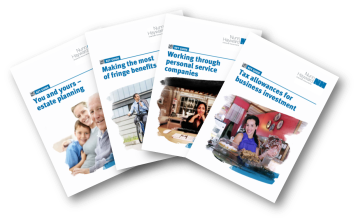Wage growth is predicted to remain slow until the end of the decade, a new survey by the Chartered Institute of Personnel and Development (CIPD) has suggested.
The data, which is based on survey responses from over 1,000 businesses, indicates that pay will rise by just 1.7% during the next year, contributing to the ‘jobs-rich, pay-poor’ UK economic environment.
This predicted low figure may possibly be due to weak productivity and the introduction of additional expenses for employers, such as the National Living Wage (NLW) and pensions auto-enrolment.

Mark Beatson, chief economist at the CIPD, stated: ‘The NLW and roll-out of pensions auto-enrolment were introduced to improve the living standards of low-paid employees, but this can only happen without significant job losses if the productivity of low-paid employees also increases’.
The wage growth predictions come as the Confederation of British Industry (CBI) cut its economic growth forecast for both this year and for 2017.
Carolyn Fairbairn, CBI director general, said: ‘A dark cloud of uncertainty is looming over global growth, particularly around weakening emerging markets and the outcome of the EU referendum, which is chilling some firms’ plans to invest.
‘At present, the economic signals are mixed – we are in an unusually uncertain period.’









